This store requires javascript to be enabled for some features to work correctly.
-
DECANT NAPA is open! Switch to NAPA store
-
Save 10% automatically when you add 12+ bottles to your cart!
-
DECANT SF & NAPA will be closed for holiday break 01/01-01/06/2025
At an impressive elevation of 2,000 feet on Spring Mountain, Philip Togni Vineyard is not only one of the older producers on Napa Valley’s Spring Mountain District, but also a hidden gem waiting to be discovered. Founded in the early 1970s, the Togni family—Philip, his wife Birgitta, and their daughter Lisa—has crafted their wines with passion and expertise, drawing on the rich winemaking history that began here in the late 19th century. As you navigate the winding roads leading to the winery, you may feel a sense of adventure as you drive through foggy valleys, only to emerge into the warm embrace of sunshine and spectacular views—an experience reminiscent of the unique microclimate that defines this extraordinary vineyard.
Philip Togni's journey is nothing short of remarkable, spanning over 65 years and filled with fascinating twists. Born in England and raised in Ticino in southern Switzerland, Philip spent time in the British Army before completing a degree in Geology. He initially ventured into the oil industry, but grew bored of the corporate lifestyle. His extensive travels had taken him to Algeria, where he was exposed to large-scale grape farming, and he was fascinated by the industry. In 1956, Philip pursued his first job in winemaking in Europe for a large cooperative, but was ultimately convinced to pursue it professionally by a chance encounter with University of Davis professor Dr. Maynard Amarine in Spain. This serendipitous meeting led him to study under the legendary Emile Peynaud at the newly established national oenology program at the University of Bordeaux, where he earned his degree in 1957.
After graduation, Philip ventured to Chile, where we worked for a small but failing winery in the Alto Maipo Valley. Eager for a more established and professional experience, he posted a 'winemaking job wanted' ad in the Wine Institute Bulletin, and was soon contacted by Jack Taylor, the proprietor at Mayacamas Vineyard. He then ventured to the United States for the very first time, and helped to produce the 1959 vintage at Mayacamas. His career continued to grow from there, and Philip went on to work for Chalone Vineyard, Gallo, Inglenook, Cuvaison and Chappellet. It is truly incredible to think that this is a person who has made wine in California through every decade since the 50s!
In 1975, Philip finally purchased his own land on Spring Mountain, returning to the land that ignited his California love affair. He and Birgitta planted their first vines in 1981 (Cabernet Sauvignon and Chardonnay), and produced their first vintage in 1983. The vineyard today boasts a diverse blend of Cabernet Sauvignon, Merlot, Cabernet Franc, and Petit Verdot, with vines planted across ten lush acres. As you sip their exquisite wines, you can appreciate the Togni family's dedication to organic farming and their commitment to quality. While Philip, and Birgitta remain hands-on in every aspect of production, Lisa is the one who leads the team, ensuring that each bottle encapsulates the unique character of their mountain home and the rich legacy of winemaking that Philip has helped cultivate for generations.
Tanbark Hill is their second label estate wine, made from younger vine Cabernet Sauvignon. The wine is only made in select vintages, and even then only a few hundred cases are produced. The 2021 vintage is a powerful representation of Spring Mountain Cabernet. Aromas of dark plum, boysenberry, cedar and tobacco play with softer, brighter tones of menthol and fennel. This structured wine will hold well in the cellar for five to ten years, but can also be enjoyed now with some hefty time to decant. — Simi Grewal
Join our Mailing List
Land Acknowledgement
We acknowledge that we are on the unceded ancestral homelands of the Ramaytush Ohlone (the original inhabitants of the San Francisco Peninsula) and the Wappo & Miwok (the original inhabitants of Napa County).

